Breadcrumb
Ages and stages
Ages and stages
Navigation Menu
Asset Publisher
14 to 17 years

In this section
What to expect
A young person in this age group has two important tasks:
- to become an independent person who is separate from their parents
- to develop a sense of who they are.
Part of the task of discovering “Who am I?” for a young person is to get their head around their sexuality. Not necessarily the act of sex, but about feeling attractive, loved, popular, good enough and like they belong.
Their assumptions about what’s normal, common and good influence how they feel about themselves and how they treat others.
Friendships at this age mean more than they ever have. Friends often determine what is ‘acceptable’ behaviour and this is also true for what is ‘acceptable’ sexual behaviour.
Despite all the bad news that we hear, first romantic relationships can have a very positive effect on your child’s development. They are learning about being close with someone.
Young people in this age group most often report that their close romantic relationships are positive and satisfying.2
Young people highly value the sexuality education they get from school, but say it is too biological.
They want more opportunities to talk about feelings, love, what’s OK and what’s not OK and solving common relationship dilemmas.
They value and want to know their parents’ beliefs about sex and relationships.2
There are plenty of parents who haven’t talked with their kids about sex and values, or going on the Pill, or anything like that. So, we really need to be able to say to our kids, well, we haven’t talked about this so far, but we think it is really important, and here’s what we want you to know…
Parent of girl 15
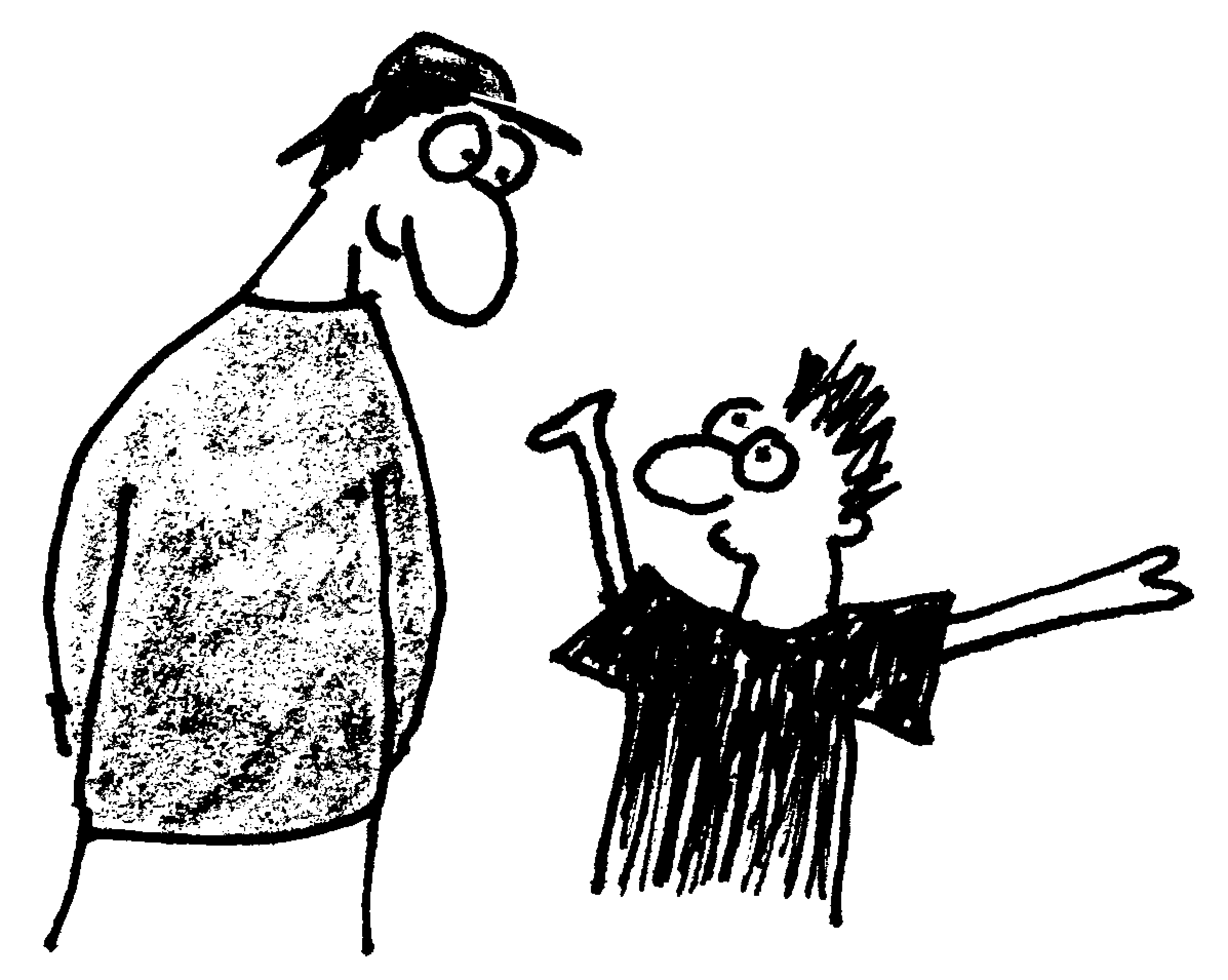
Who are three people you would feel comfortable going to if you need advice about relationships and sex?
Offer suggestions such as older sibling, friend's parent, auntie, doctor, SHQ Helpline (external link).
A 2018 survey of Year 10 to Year 12 students, most students have engaged in some form of sexual behaviours.10 Year 12s report the following sexual behaviours:
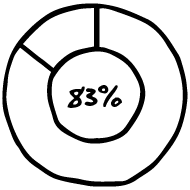
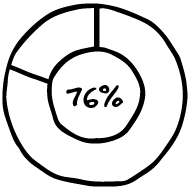
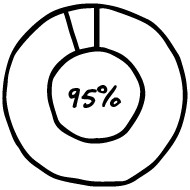
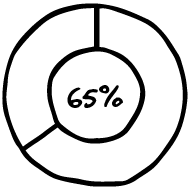
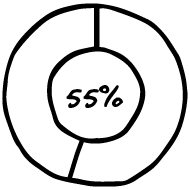
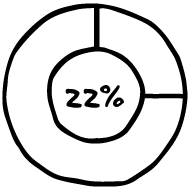
What you can do to help
- Sexuality is only one part of the whole person.
Help young people keep it in balance by taking an interest in their sports, schooling, friendships and media, as well as their growing interest in looking good and going out.
- Staying connected to and feeling loved by their family remains extremely important.
Even if it is a few minutes here and there, finding little moments to connect and check in is vital.
- Having a sense of a future, with goals and life to look forward to, makes looking after themselves important.
Talk to your child about their aspirations and help them set goals.
- Who does the emotional work in your family?
Are both partners involved in relationship problem solving? Do you set a positive example around conflict resolution?
Help kids see that in respectful relationships both people share the load.
- Find old photos of your teenage years.
Show off the hairstyles and the clothes, but most of all use it as a conversation starter to talk about how you felt about your appearance, relationships, parents and sex.
Ask your teenager if they think things are different for young people now.
- Tell your child about contraception and using condoms.
It won’t encourage them to have sex.
If you feel conflicted, your teenage children are old enough to understand an apparent contradiction: “I care about you, and even though I don’t want you to do this, I do want to make sure you look after yourself and others.”
It’s much more effective than telling them to just say no. (See Contraception.)
- Talk about ways for them to handle different situations, like parties with alcohol and other drugs.
- Although we want to encourage our kids to come to us with any medical concerns, some young people worry about their parents’ reactions and judgement, which can stop them seeking help at all!
It is important that they know that there are always options.
If they are uncomfortable seeing the family doctor, they might need help finding alternatives.
See Kids Helpline for some more terrific advice for young people (and their parents).
- At age 15, show them information online about how to get their own Medicare card.
- And if you use My Health Record, explain to them that their account becomes private at age 14.
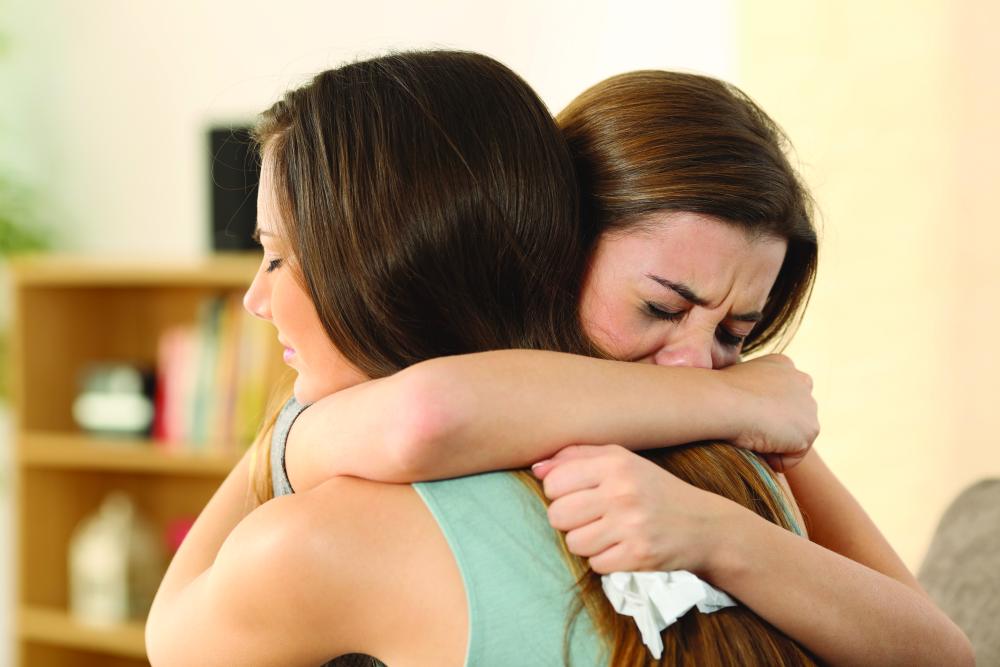
Read next:
You might also be interested in:
